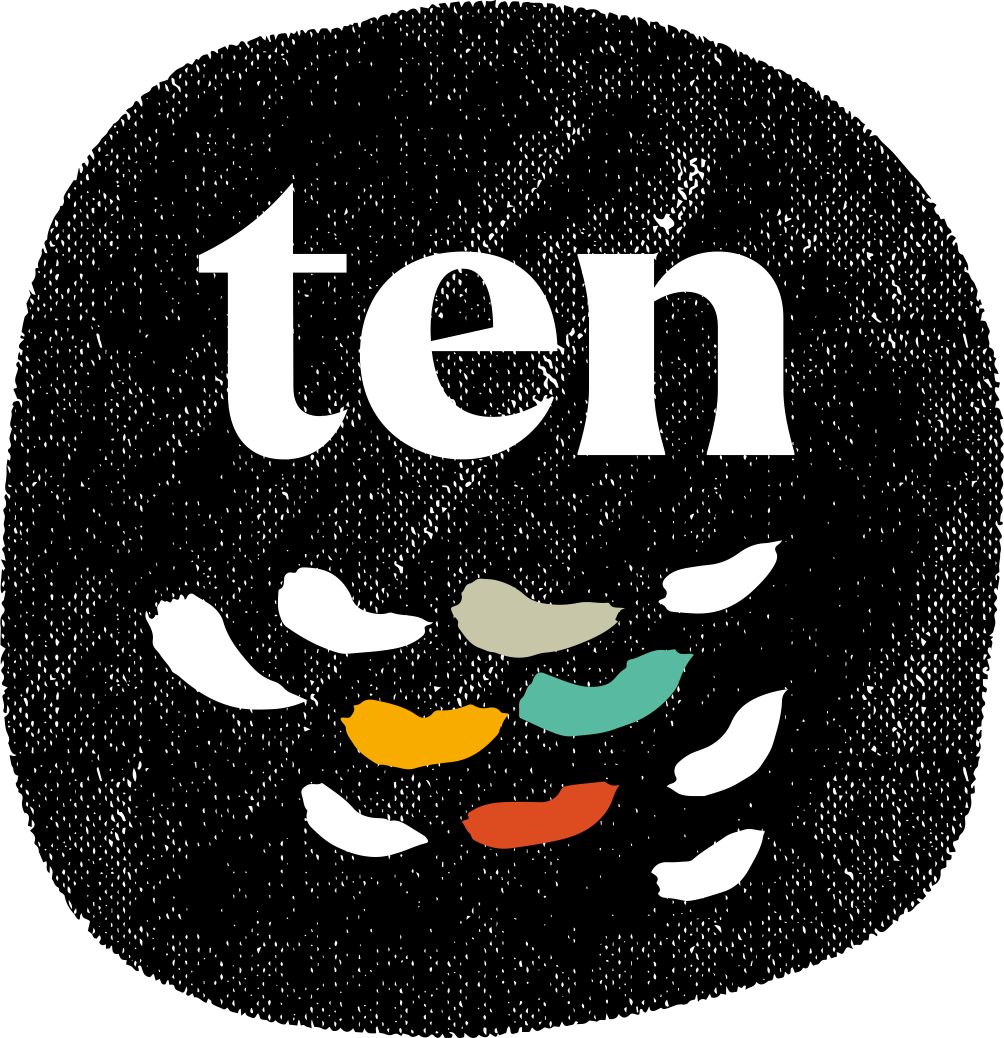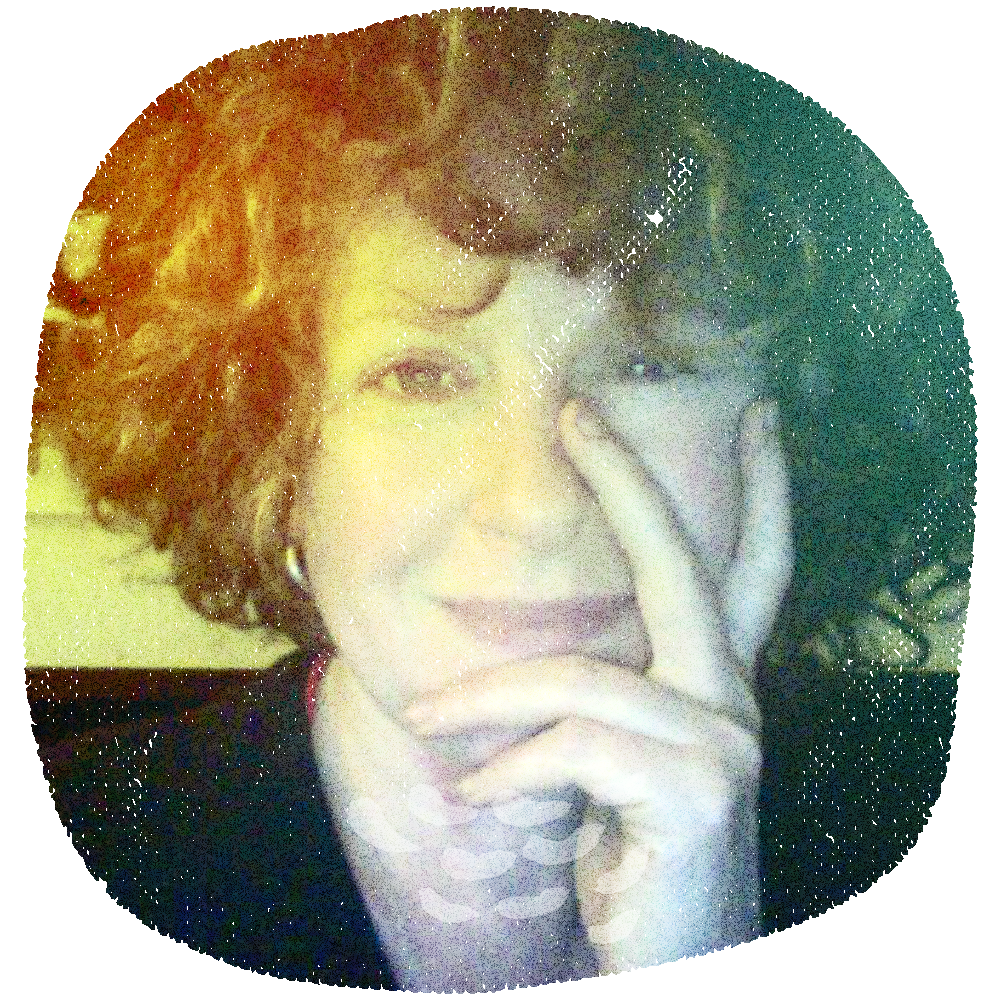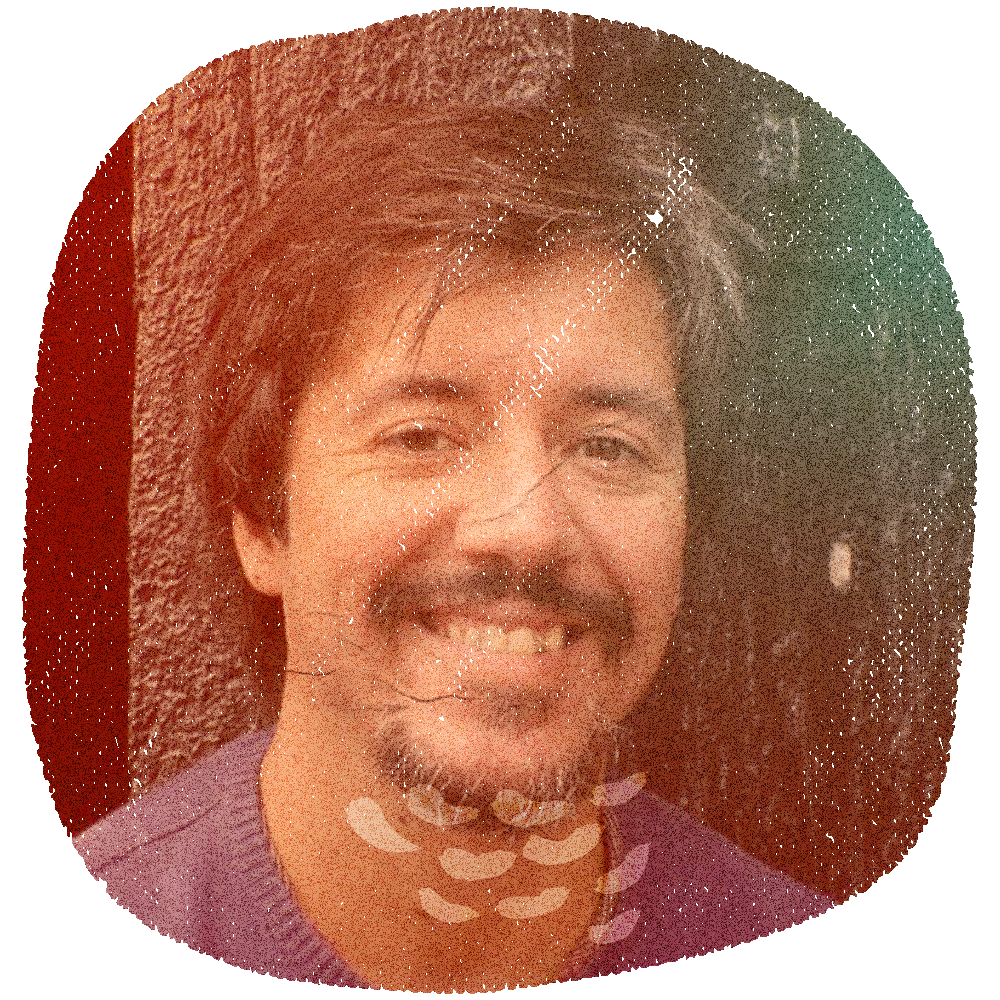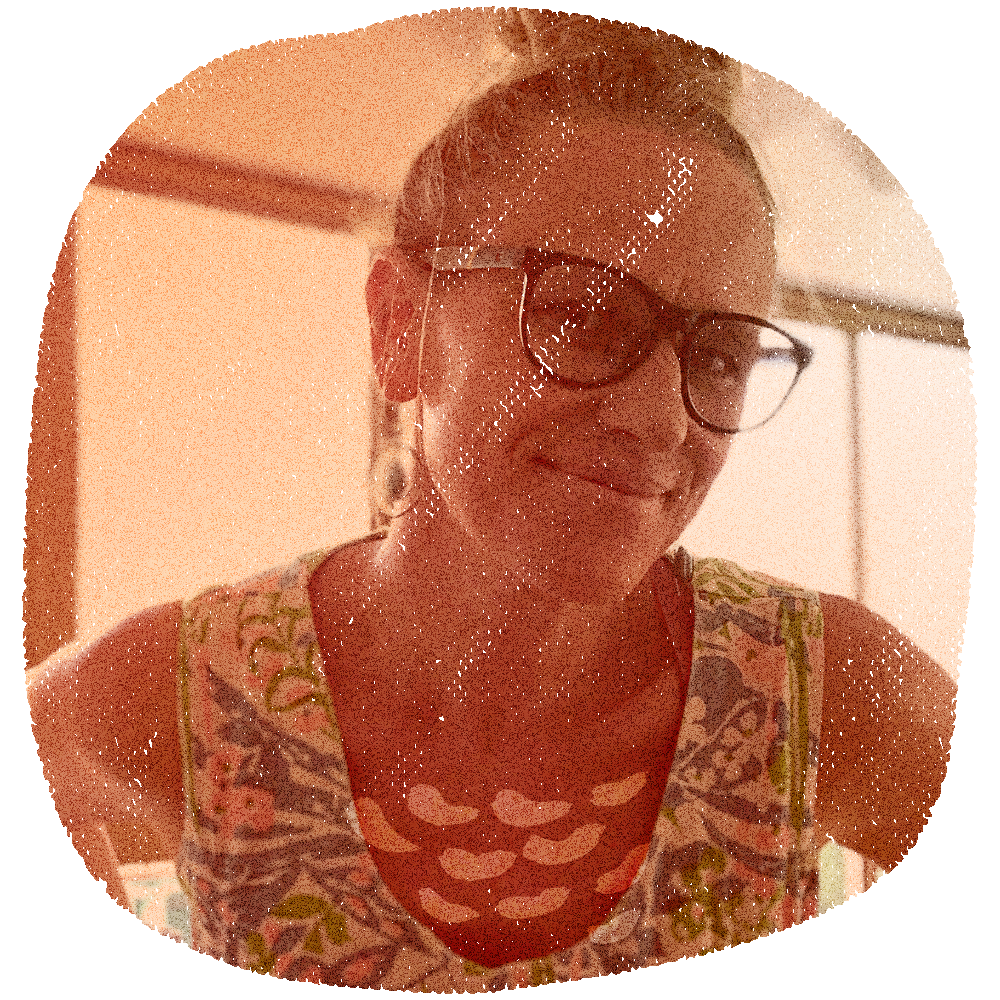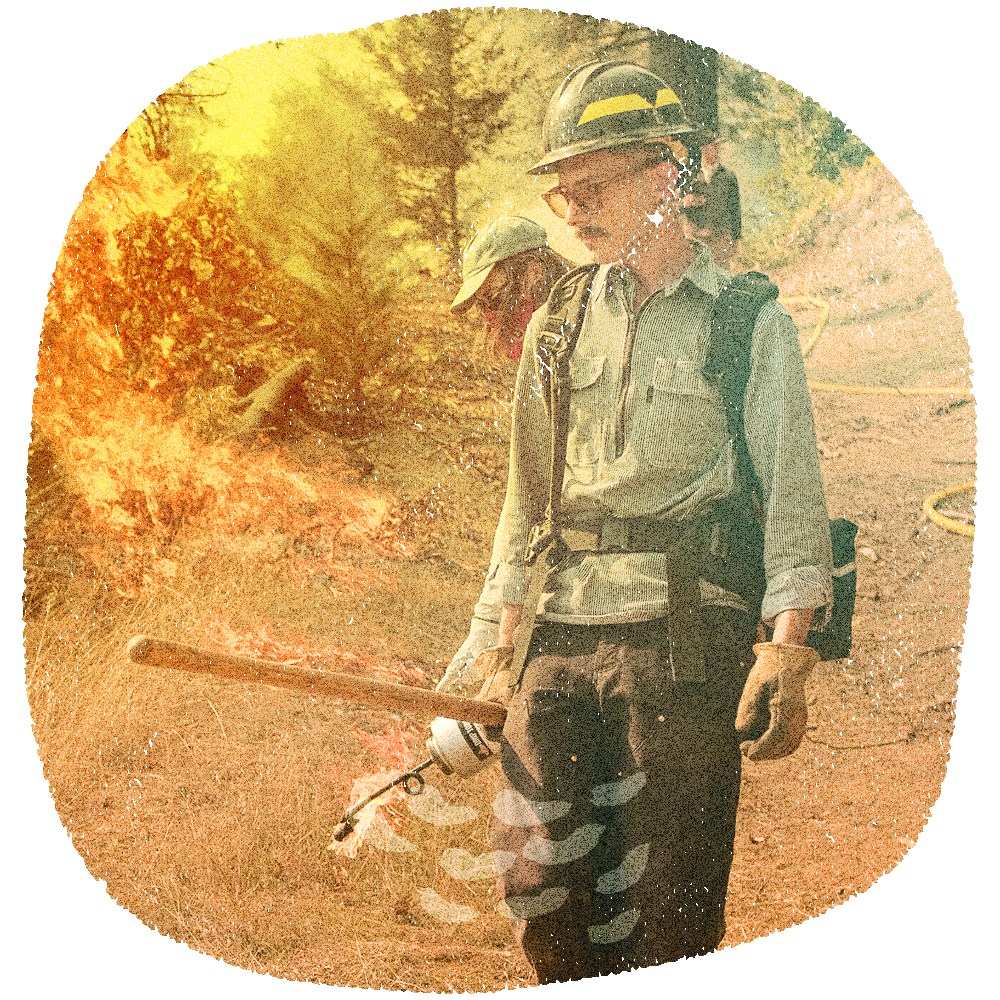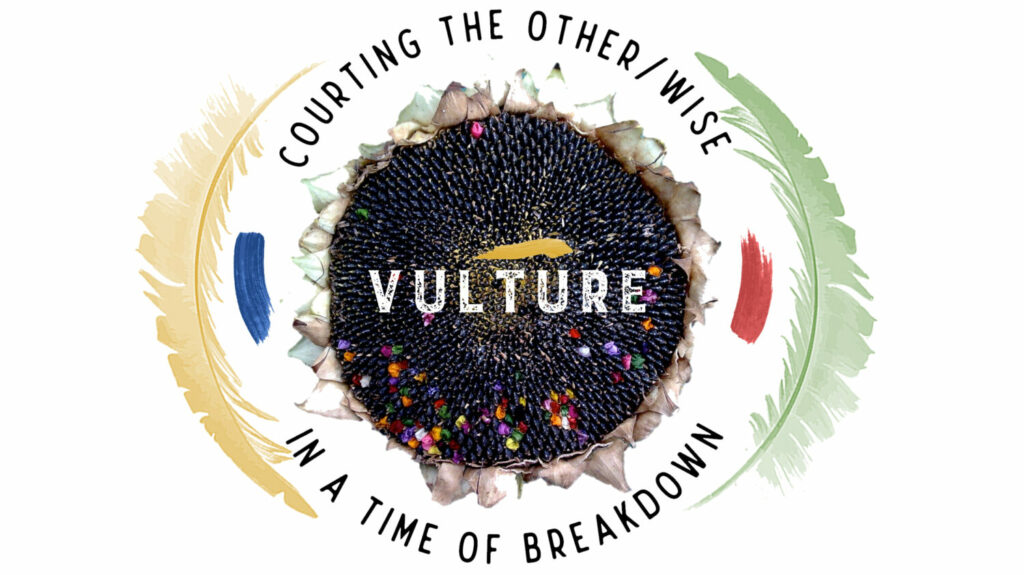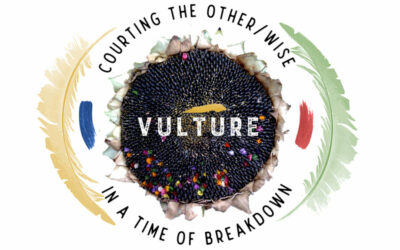
Courting the Other/wise
Toni Spencer
“Attention is the rarest and purest form of generosity.”
– Simone Weil
The Emergence Network’s exploratory online course, Vulture, is well underway. Our work is fed by two core and intimately related questions, both asked in the context of re-framing activism, agency and change in a time of breakdown: “What might emerge if we engage in courtship with the otherwise?” and “How do we court the otherwise?” From within these two inquiries, more questions arise about the details of how, about what we mean, about why we might want to explore this together with others…
Courtship is a relational thing, a two-way street. Sometimes, when we’re courting the otherwise it’s a polyamorous, multi-directional path. Sometimes it’s painfully awkward or hampered by the shadows of our own and our cultures’ psyches. This is a romantic endeavour that demands the courage to make fools of ourselves and a willingness to surrender to the overtures of the unknown.
Throughout the course we’re engaging with different practices of courtship: conversations with rivers; slow, affectionate destruction; interviewing the spaces around our skin; flirting with etymology and laying our hearts at the feet of grief. We’re noticing what’s courting us – through images, sensations, the mysterious re-occurrences of themes or creatures. We’re opening to how the otherwise is always available and longing for us – if we’re willing or awake enough to pay attention.
But courtships are not always pleasant or easy. And sometimes, the otherwise seeks our attention through disturbances: anxieties, body symptoms, species we’ve been taught to distain or dislike, conflict. Habitually we turn away, ignore, suppress, try to make nice or find a quick fix in the face of these undesirables. But what happens if we turn towards them? What if we welcome whatever disturbs us in to the centre, offer it our attention and let it speak?
From a dream/half awake state, 3am about a week before Vulture begins: I’m woken by the visceral sense of something big and scary filling the space. A monster is in the room.
Yesterday was another day of procrastination, cancelled meetings and anxiety about developing the research strategy. I don’t know how to do this. Days of trying to make something clever, useful, complex.
The monster has been here for days but I’ve not paid attention. I’ve sought solutions or found ways to drown out their presence. Somehow in this moment, finally, I remember to turn towards them, to welcome this disturbance. I invite them to sit by the fire with me and I face this hulk of a thing with thick fur and large eyes. The otherwise.
I ask them what they want, what they need. The answer is simple: “space”. Space in the shape of simplicity, of slowing down, of silence, of protection from should’s and too much already existing knowledge. And so I hand over the research strategy to this monster who created obstacle after obstacle until I finally welcomed it in. I was soothed by its simplicity and felt safe in its presence. The disturbance held the answer all along.
– Extract from Research Strategy document for Vulture, 2019
At its simplest, here with Vulture: Courting the Otherwise in a Time of Breakdown we are inviting a practice of making space and paying attention to what we usually miss, be it brilliant, beautiful or frustratingly disturbing. We’re inviting practices of receptivity, dwelling with, slowing down, welcoming and inviting the otherwise to speak, without assuming that we know already what it might have to say. This is non-linear work, irrational practice, a wilder kind of research. Like love, it’s best known by the senses and often makes no sense.
Might you turn towards whatever is disturbing you today? Can you make space for curiosity and the possibility that the otherwise may be trying to court you through the trouble?
Vulture Project Description
Vulture [past ten events] Vulture offered participants a different shape of hope: hope not in solutions or saviours but in the smell of soil, the migration of birds, and the intense beauty of seeing each other dance at the edge of things. Vulture was an on and...
Vulture Harvest: The Slow Conversation
Vulture [ten artifacts] Vulture offered participants a different shape of hope: hope not in solutions or saviours but in the smell of soil, the migration of birds, and the intense beauty of seeing each other dance at the edge of things. Vulture was an on and off-line...
Vulture Harvest: Stories of Going Feral
Vulture [ten artifacts] Vulture offered participants a different shape of hope: hope not in solutions or saviours but in the smell of soil, the migration of birds, and the intense beauty of seeing each other dance at the edge of things. Vulture was an on and off-line...
Vulture Harvest: The 3D’s Gallery
Vulture [ten artifacts] Vulture offered participants a different shape of hope: hope not in solutions or saviours but in the smell of soil, the migration of birds, and the intense beauty of seeing each other dance at the edge of things. Vulture was an on and off-line...
